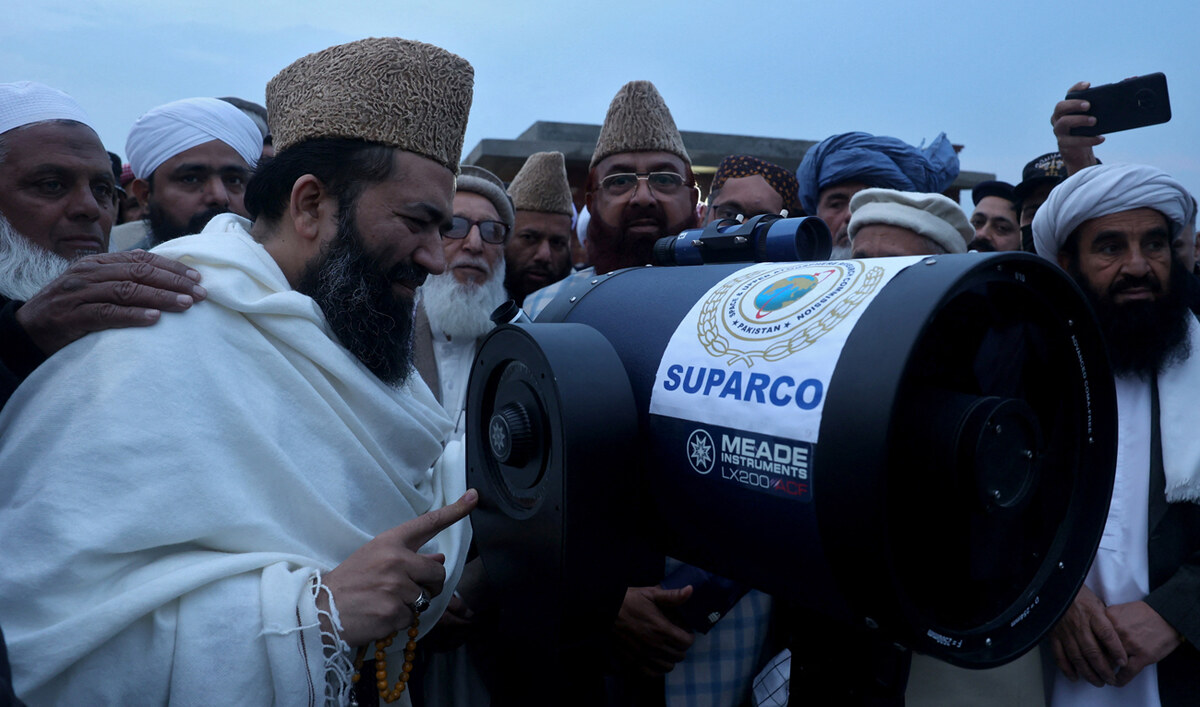ISLAMABAD: The head of Pakistan’s central moon sighting committee announced on Friday the Ramadan crescent was not seen across the country, adding the first day of the Muslim fasting month will fall on Sunday, a day after the ninth month of the Islamic Hijri calendar begins in Saudi Arabia.
Ramadan is observed by Muslims worldwide through fasting from dawn to sunset, with most practicing Muslims considering it a time of spiritual reflection, self-discipline and devotion. Fasting serves as a means of strengthening faith and developing empathy for the less fortunate.
The month holds special significance as it was during one of its nights that the first verses of the Holy Qur’an were revealed to Prophet Muhammad (PBUH), in what is considered its most sacred night. Muslims mark Ramadan with increased prayer, charity and community gatherings, culminating in the festival of Eid Al-Fitr.
“There has been no reported sighting of the Ramadan moon,” Maulana Abdul Khabir Azad, chairman of the Central Ruet-i-Hilal Committee, said while speaking to the media in northwestern Peshawar city. “The first day of the holy month of Ramadan will be on Sunday, March 2, 2025.”

Maulana Abdul Khabeer Azad, Chairman of Central Ruet-e-Hilal Committee, Pakistan’s moon sighting committee, along with others members use a telescope to look for the new moon that will mark the start of the holy fasting month of Ramadan, in Peshawar on February 28, 2025. (REUTERS)
Pakistan’s national space agency had already predicted the Ramadan moon would be invisible to the human eye in Pakistan on February 28, explaining the crescent would be difficult to sight due to its low altitude and distance.
It had also said people in the South Asian country were likely to mark the beginning of the holy month from March 2.
In Pakistan, however, the moon sighting committee is tasked with determining the start of new Islamic months.
The dates for Ramadan and Eid festivals are confirmed through visual observations and testimonies from different parts of the country reporting the crescent’s sighting.





















